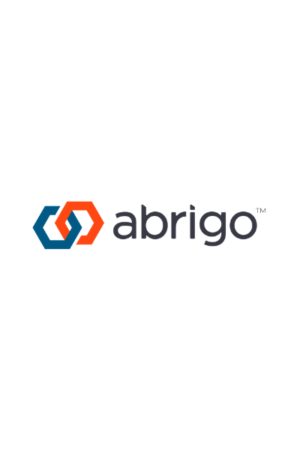Going beyond the consumer
While consumer lending remains a core offering for many financial institutions, commercial lending has also grown more complex—and competitive. That’s why some institutions are now extending these advanced scoring capabilities to their commercial portfolios as well.
A commercial delinquency score using both financial and non-financial data, such as public records, firmographics, trended credit, and business owner credit history, can provide a more complete view of risk. This helps lenders identify the likelihood of a business becoming delinquent, even if the business is newer or has limited credit history.
Key benefits of commercial risk scoring
Institutions using commercial credit scores that integrate alternative data and analytics have seen benefits such as:
- Scoring more applications
- Improved ability to predict default risk
- Increased access to credit for small businesses
- Flexible configurations using industry-specific scorecards based on NAICS or SIC codes
In today’s market, it’s increasingly important for lenders to be able to assess creditworthiness with confidence, speed, and fairness—whether they’re evaluating a first-time borrower or a growing business.
Meeting the moment with modern credit decisioning
Credit risk is evolving, and financial institutions that expand their data sources and leverage predictive scoring tools are better equipped to serve their communities and meet regulatory expectations. By integrating traditional credit data with robust alternative sources, institutions can make more inclusive, accurate, and timely lending decisions.
Whether evaluating consumers or small businesses, today’s forward-thinking lenders are embracing data-driven credit decisioning to stay ahead of risk and unlock opportunities for growth.






